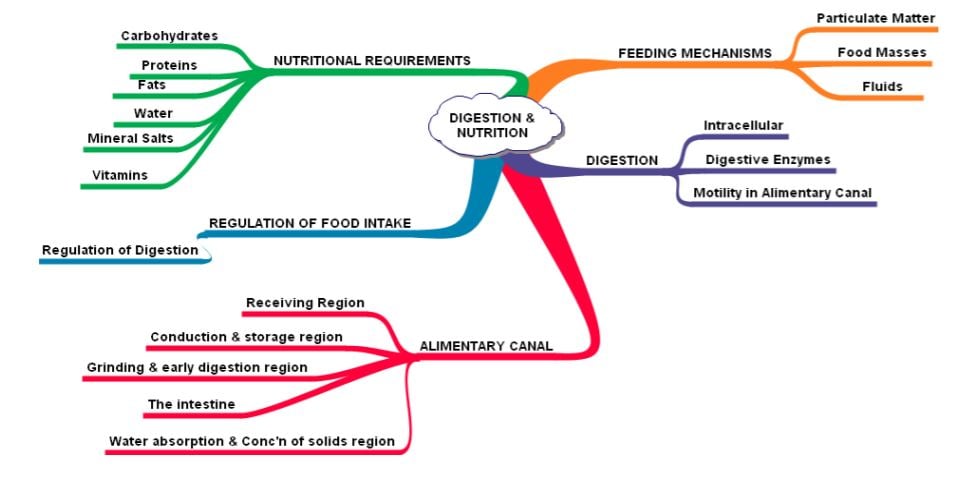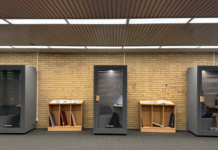Don’t fall into the trap of spending 99% of your study time mindlessly writing out notes and 1% of your time reading them. You should be making notes for each topic area in each subject throughout the semester so that they are ready for SWOT VAC.
The more ‘active’ you are in writing notes, the better you will be able to remember them. This may involve reconstructing your notes in a different format.
Organise study notes into topics/areas
It is easier to remember individual details when they are grouped into mini sections. Make a list of the areas you need to know in each subject and write down headings and subheadings.
Here are some suggestions for effective study notes and summaries:
1. List summaries or dot point notes for each topic

- Numbering each point can help with recall in the exam.
- Dot points are quick and good to highlight key information.
- Keep summaries brief but include enough information for understanding.
2. Mind Maps or other diagrams such as flow charts and grids
During an exam, it is often easier to
recall information which has been represented diagrammatically. These are great for illustrating the connections between information. Colours and diagrams are particularly helpful to
stimulate the memory.
There are several mind map software programs, e.g. Freemind, Inspiration, Bubbl.us,
Thinkgraph, and Visual Mind. Some of these are free or freeware programs and others are
commercial.

3. Flash cards
This is especially useful for multiple choice questions. You can create your own
based on the topic areas you’ve studied.

4. Glossary
Try keeping a small notebook where you can record new terminology for each of your subjects, as in the example below. Some of your first-year subjects may have a glossary available on LMS or in your lab manual.

5. Create your own quiz
These can help you gain confidence and master details in your subjects.
There are a number of free online tools available. You can share these with your study group.
6. Record audio notes
Try recording your summaries or prepared answers to practice questions. Comprehension improves if you listen and read at the same time. The other advantage for those who like multitasking is that you can listen while doing something else like walking, cooking or sitting on a bus.
















